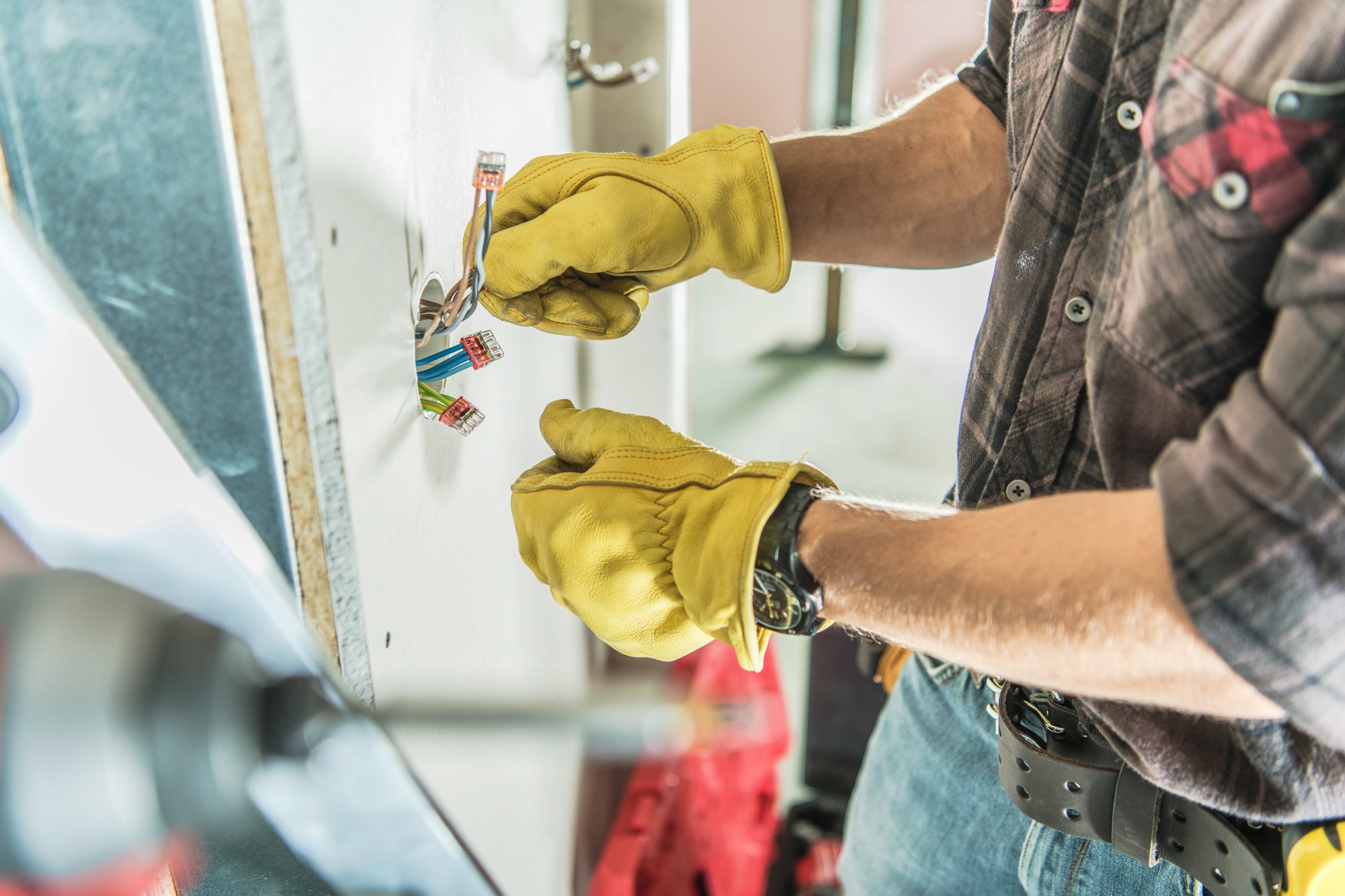Demand for electricians is higher than ever, and with a projected growth rate of 8% through 2029, it’s a trade that nearly ensures stability. With that said, there are many paths you can take with an electrical certification. Here, we explain how the job differs as a commercial electrician compared to a residential electrician.
What is a Residential Electrician?
Residential electricians often work on projects that involve wiring in a single-family dwelling. This can range from service calls, repairing wiring, installing wiring, calculating service demand loads and installing service conductors for single-phase service entrances.
Residential electricians can also read and interpret blueprints, design lighting plans, adhere to budgets and even create estimates. They usually install products that generally are not permitted in a commercial application, due to the International Building Codes (IBC).
What is a Commercial Electrician?
Tasks for a commercial electrician differ from residential by the products they are required to install. For example, a typical raceway for new home construction involves non-metallic (NM) cabling installed in the wood framing, whereas a commercial raceway is metallic-clad (MC) cabling, or most often, an EMT conduit. This requires training and practice to ensure the electrician is proficient at bending, fastening, and sizing conductors as per the National Electric Code (NEC).
Commercial Electrician Work Environment
A typical commercial electrician is required to work in one of three common situations:
When Work is Planned
A commercial project is typically designed by a consulting engineer. In this case, the commercial electrician must know how to read and follow the plans based on an agreed upon schedule. They must also be able to understand and interpret specifications and apply the code requirements.
When There is No Planning
Having no plan in place can occur during or after construction, when changes or remodeling are required. The commercial electrician must access the original blueprints or as-builts from the initial build, and then update them with the changes.
When Repairs are Needed
Repairs are sometimes needed after a system has been installed. Equipment malfunctions range from improper usage to old age. A commercial electrician must understand the operation of all equipment included in the installation, so they are able to solve problems as they occur.
Differences in Material Use
Not all materials and power tools used in a residential project are different than those in a commercial project; it is the available energy that separates them. Available energy is as follows:
- Residential Project (Single-family dwelling): Typically is 1-phase power with a voltage level of 120V/240V
- Commercial Project: 3-phase power with a typical voltage level of 120V/208V and 277V/480V
Pro Tip: Due to the increase in available energy, the electrical hazards are greater for a commercial electrician.
Electrical Licensing and Education Requirements
Experience and knowledge of both residential electricians and commercial electricians are rooted in practical application, theory and code. In fact, the NEC and National Fire Protection Association (NFPA) 70E guides all electrical installations nationwide.
Electricians working on new construction, remodel work, maintenance and repair work must be a qualified person (QP) as stated by OSHA and NFPA 70E. In addition, they must meet local and state licensing requirements. It is typical for the work environment to classify the work being performed, and a risk analysis based on NFPA 70E is required.
Whether seeking a career as a residential electrician or a commercial electrician, electrical theory and practical experience is vital to the foundation of your overall knowledge base. With developed instructor videos from experts, knowledge checks and simulations around core topics, Interplay Learning’s SkillMill courses are a great place to start. You can also check out our blog post, How Long Does it Take to Become an Electrician, to learn more.

Chad Soucy
Interplay Learning Electrical Expert
Chad is Interplay’s electrical expert and is a Master Electrician. Chad has progressed as an electrical professional throughout his career, with early beginnings in rewiring/wiring homes to QA/Commissioning plants, honing his skills in all aspects of the electrical trade along the way. He transitioned his career through Residential, Commercial and Industrial sites, and in 2012, further expanded on his mission to lifelong learning in becoming an electrical instructor. He continued on this path as an online course developer and is steadfastly committed to electrical safety and sound adult learning theories.










